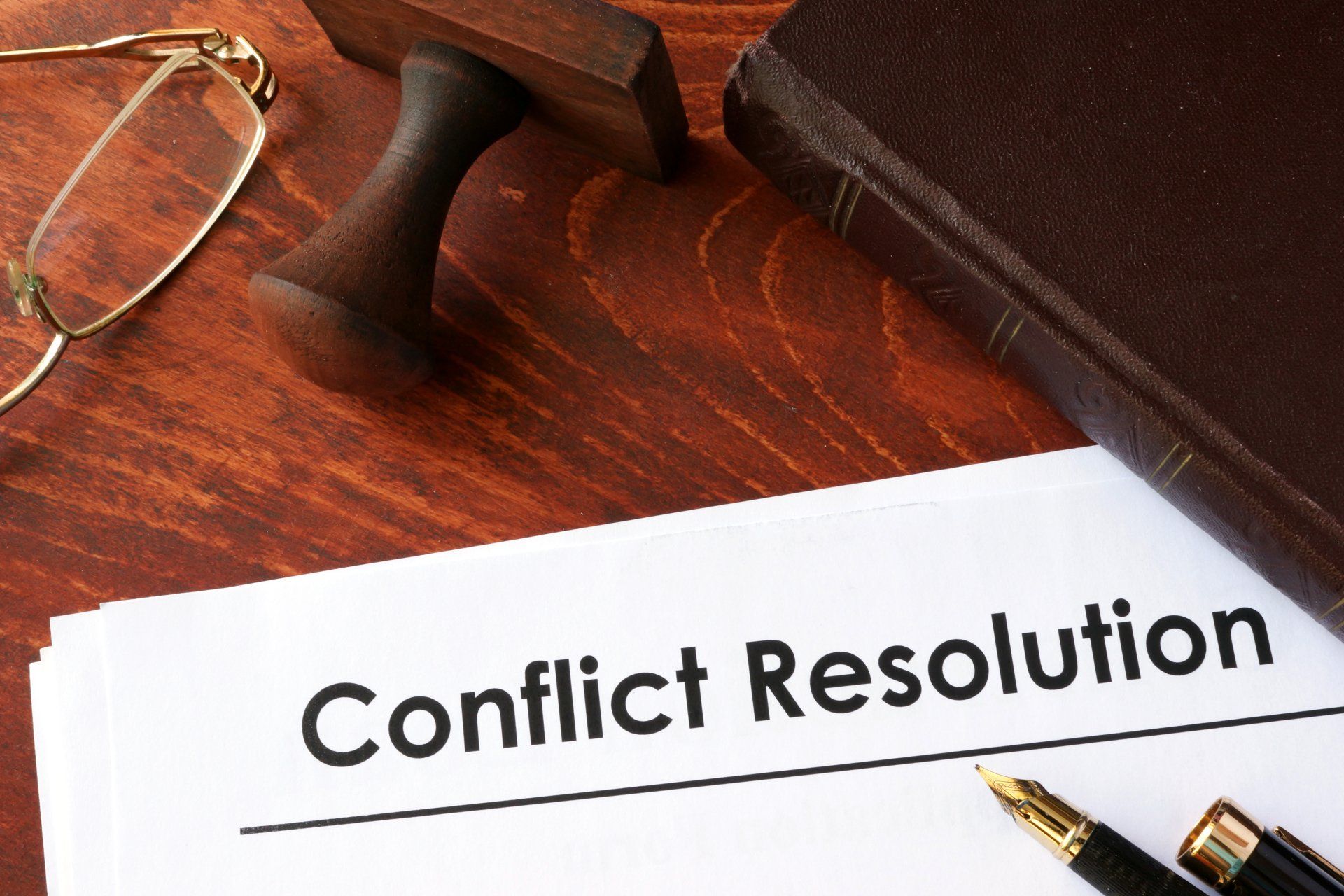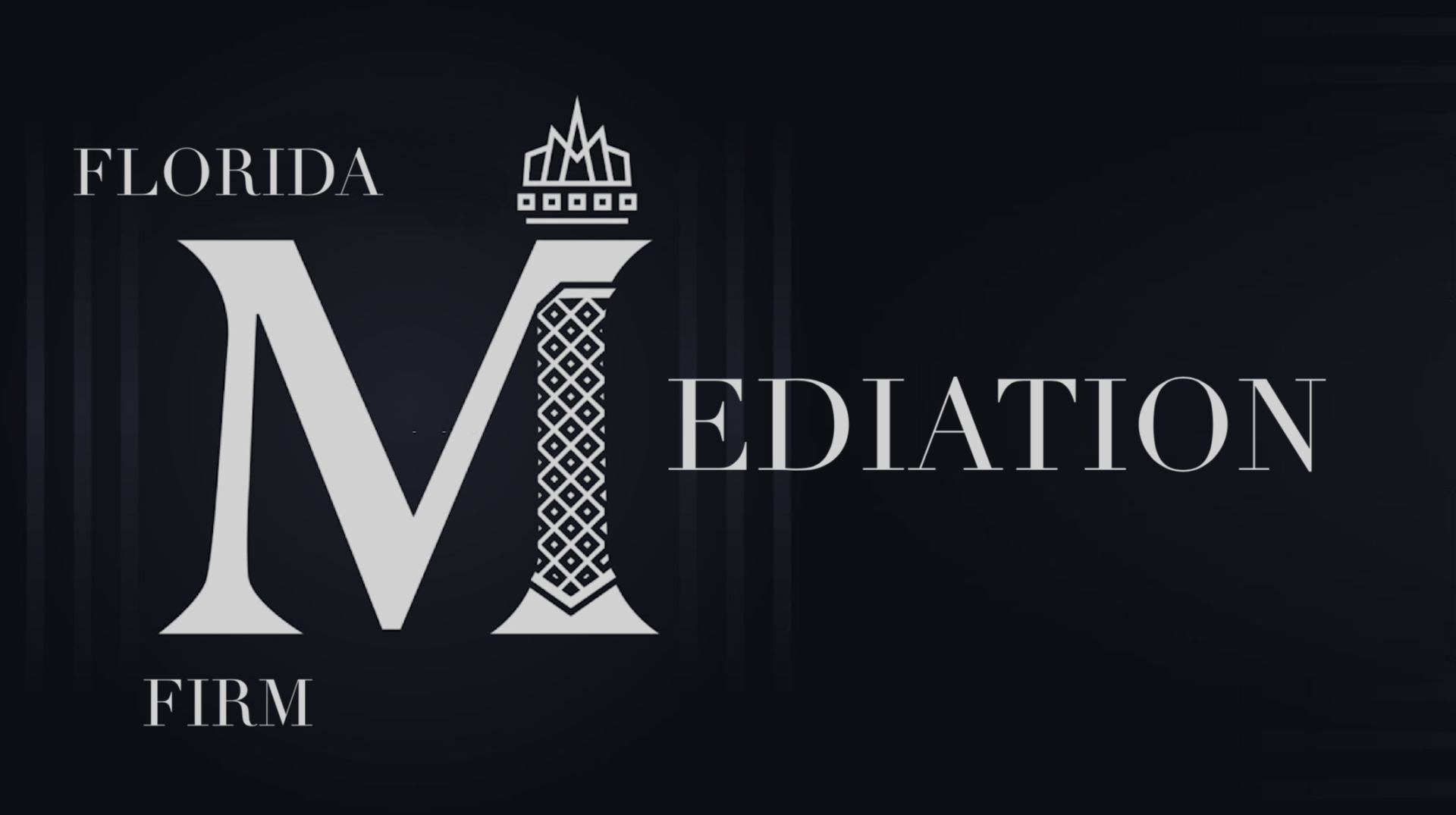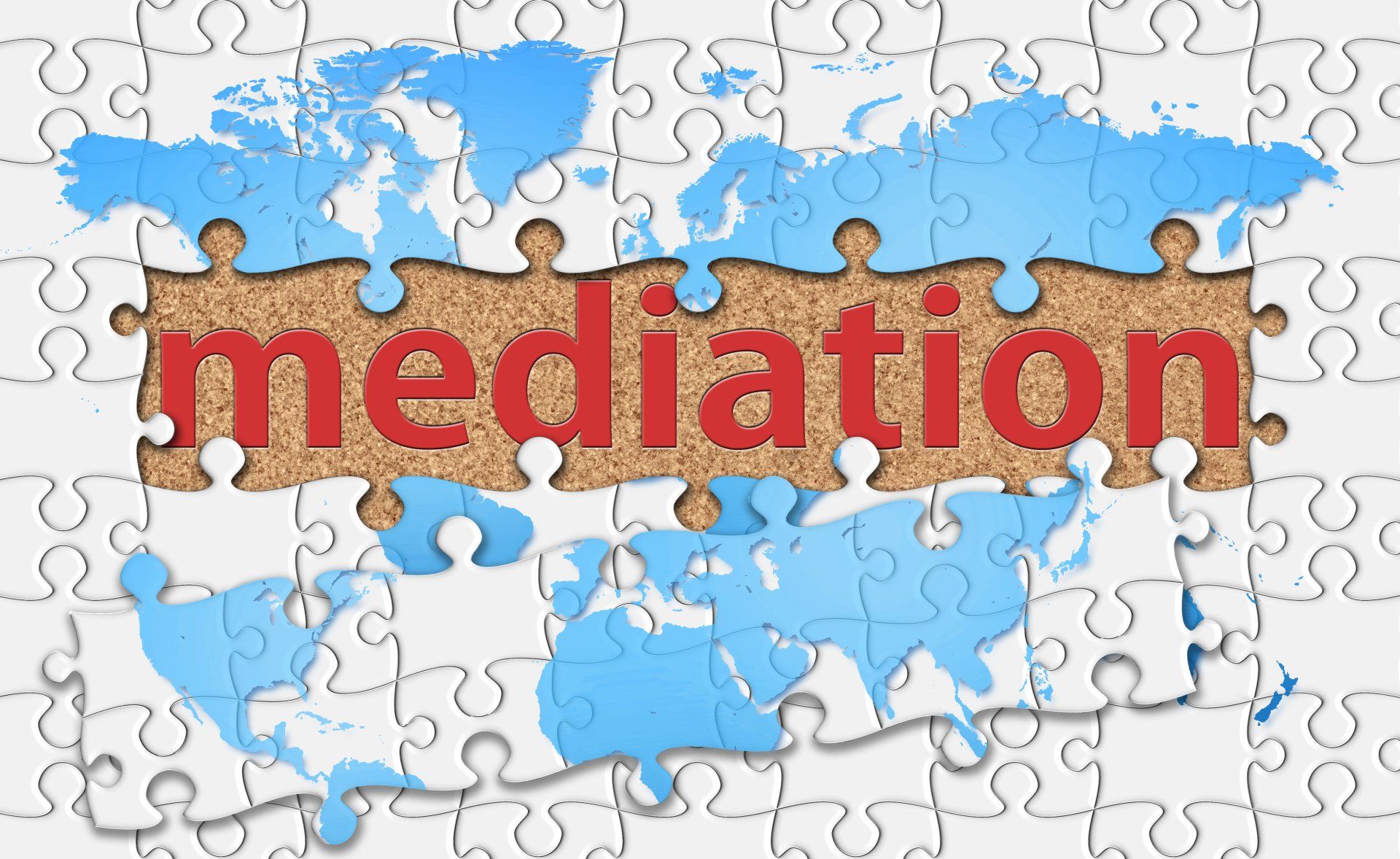There are a variety of reasons for divorce. Many times, couples feel that divorce is unforgivable. There’s nothing further from the truth—a marriage that remains broken or abusive carries a much higher consequence than a divorce.
There are essentially (10) choices that people make regarding a broken or abusive marriage.
1) Immediate discovery of marrying the wrong person and acting to have the marriage annulled
2) Early intervention to engage in spiritual or secular counseling to define and remediate the problems at hand
3) Attempting to change your spouse, only to find yourself failing in a variety of ways
4) Live in a state of denial—either believing that an average marriage represents the institution of marriage or believing that your marriage is fine, when in fact it’s dying
5) Have an affair—gaining short-term pleasure to replace the pain, and most times leads to a divorce or a contentious marriage
6) Agree to have an open relationship
7) Do nothing in the name of indifference, religion or guilt and become bitter & resentful— staying in the marriage against your will—potentially damaging the well-being of your children
8) Separation with the intent to negotiate terms for some type of positive intervention
9) File for divorce, and spend thousands of dollars on attorney and court fees
10) Engage in the process of Mediation and amicably accomplish numbers 8 or 9, quickly, and with far fewer costs
Mediation is a specific process whereby a "mediator" facilitates the negotiation of a divorce or settlement agreement. This allows the parties to become the sole decision-makers and keep their dispute out of the courtroom. Moreover, though a mediator often works with an attorney, a mediator does not have to be an attorney. It's important to note that traditionally, an attorney's skill-set is partial to one party or client. On the other hand, a mediator is trained in legal proceedings and impartial and neutral to both parties.
"Mediation is an informal, non-adversarial process, designed to give disputing parties maximum control over the handling and outcome of their dispute. Mediation is consensual, meaning that even if court-ordered, the parties are still the ultimate decision makers about whether and how they resolve their dispute. Mediation is confidential, except as required or permitted under Florida law." — Charles N. Castagna.
Ron Marinari
Florida Mediation Firm
https://www.floridamediationfirm.com/
941-218-0197
15275 Collier Blvd, Suite 201-357
Naples, FL. 34119
#CopingWithDivorce #DivorceSolutions #LowCostDivorce #MediationForDivorceInFlorida #MediationInFloridaDivorce #MediationFloridaDivorce #FloridaMediationFirm





